Lappartient on Chris Froome: It is important to protect the rights of riders
UCI president asked Lance Armstrong to stay away from Tour of Flanders
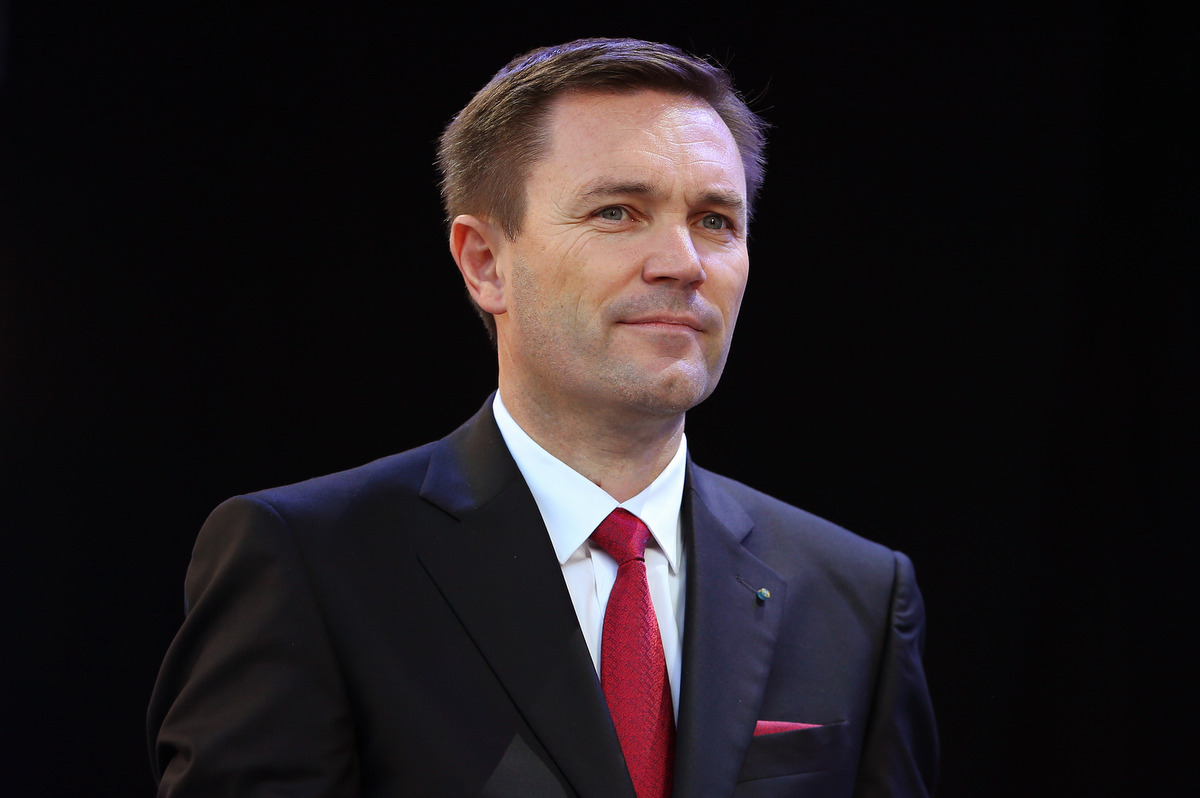
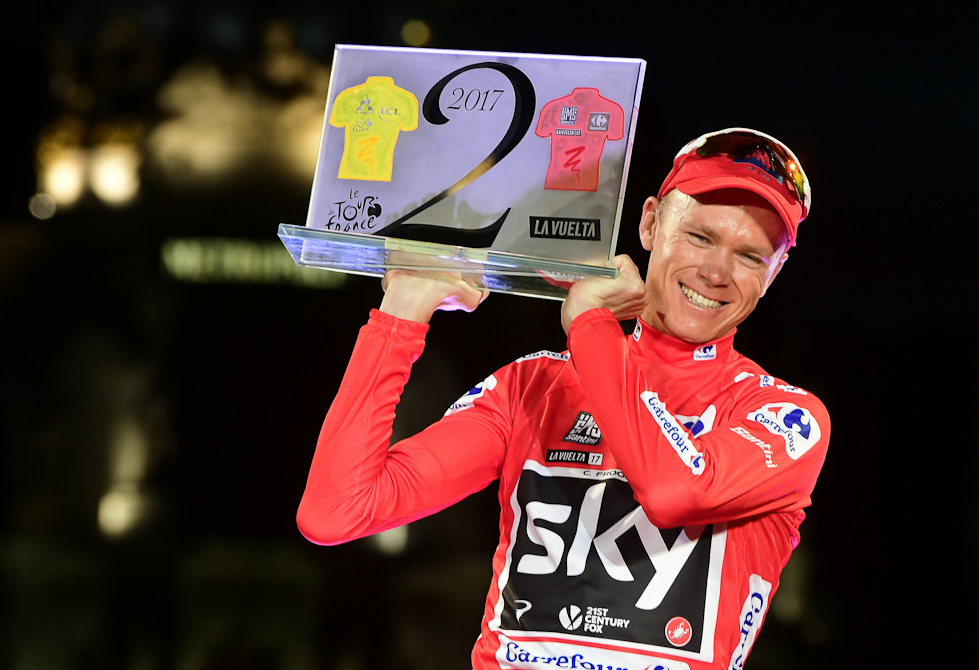
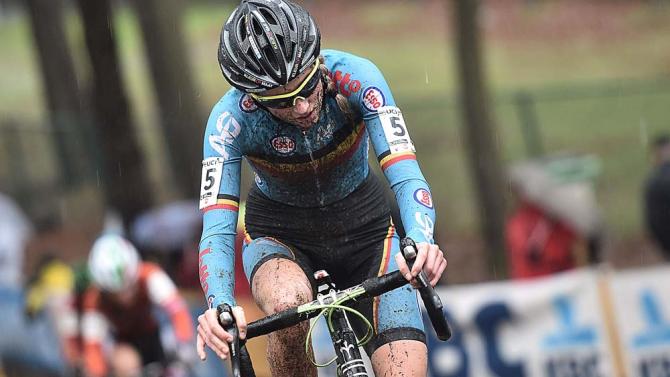
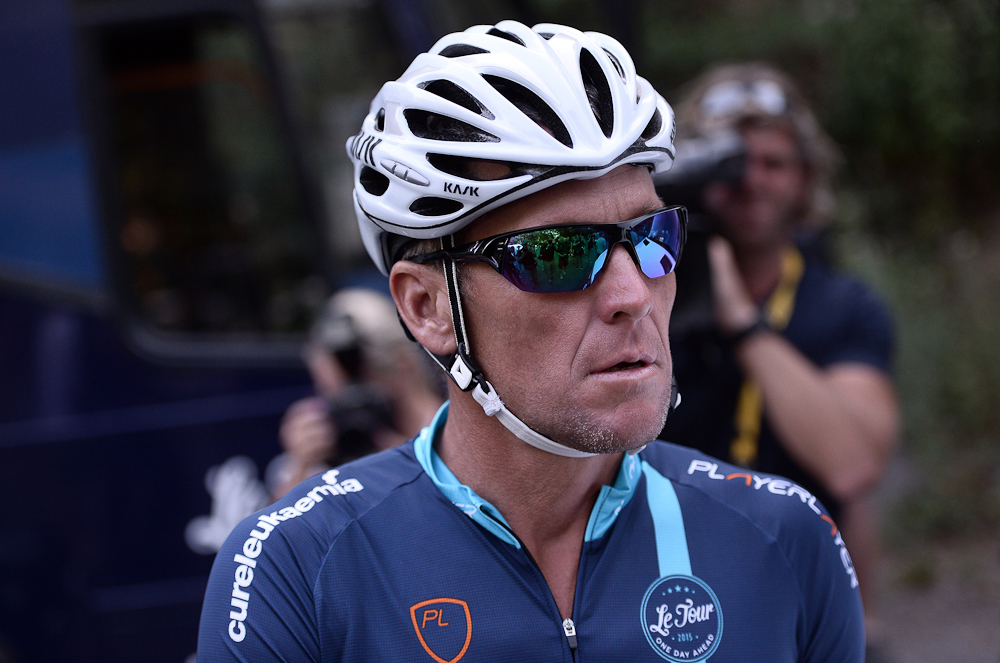
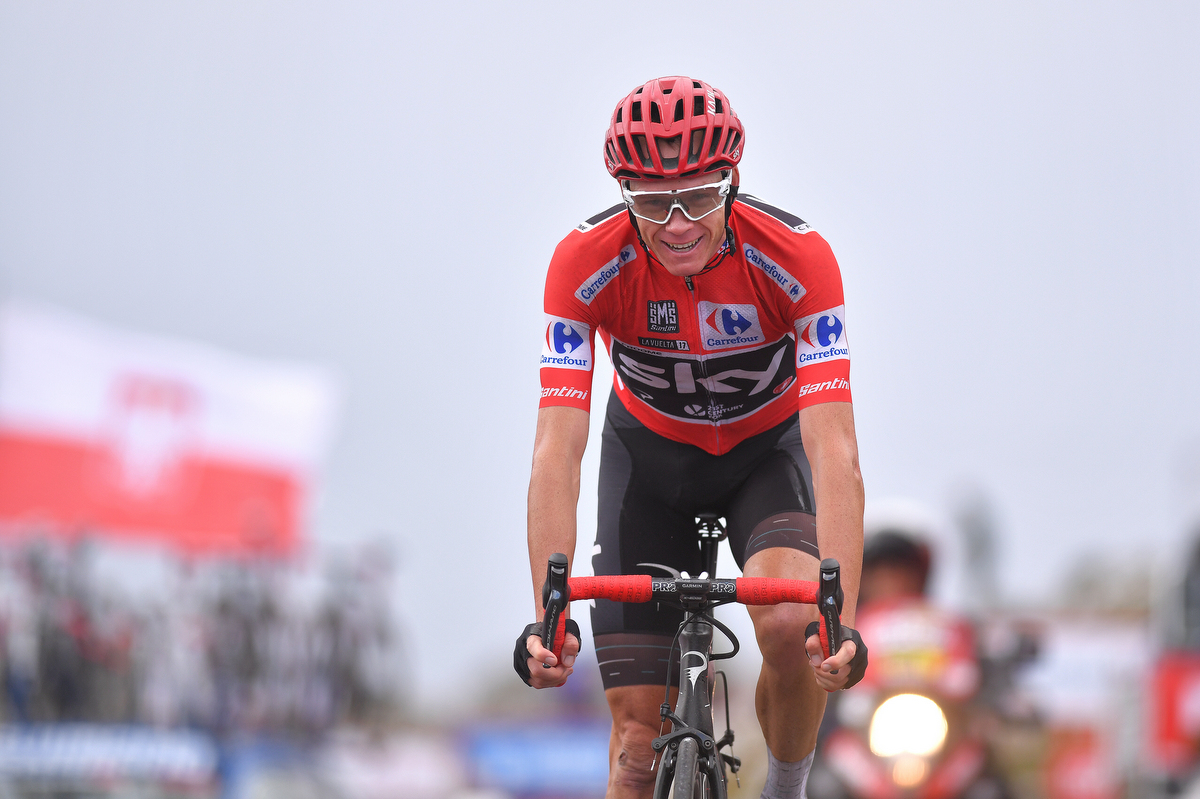
UCI president David Lappartient has said that he hopes that the investigation into Chris Froome's salbutamol adverse analytical finding will be resolved ahead of the Giro d’Italia. Lappartient mirrors the wishes of Giro race director Mauro Vegni, who yesterday made a plea to the UCI to "sort out" the case, but emphasized that it is important to protect the rights of riders.
Froome is scheduled to ride the race in May as he attempts a Giro-Tour double. If the investigation does not reach its conclusion before the Giro d'Italia, Froome would still be able to race. Should he win, the result could later be disqualified if Froome was retroactively banned, as in the case of Alberto Contador in 2011.
“I hope so,” Lappartient told Swiss publication Neue Zurcher Zeitung when asked if the case would be resolved by the Italian Grand Tour. “The case is very bad for cycling. He is the most famous rider we have.”
Lappartient added that Froome had not been given any special treatment by being allowed to continue to compete while the case is ongoing, saying that forcing Froome to suspend himself would go against their own regulations. Although, he added that it would have made things easier if Team Sky were part of the MPCC, which requires teams to suspend any riders under investigation.
"It is important to uphold the rights of the rider," Lappartient said. "There is no special treatment for him, even if some riders claim that. Salbutamol is one of the drugs allowed in a limited dose. An immediate suspension would conflict with the rules in force.
"It would also be good if Sky were MPCC members. Then Froome would have suspended himself. But that's up to the teams."
Froome has denied taking more than the 1,000ng/ml permitted by the World Anti-Doping Agency (WADA) regulations. He must now undergo a series of lab test to demonstrate that, while there was double the allowable dosage in his urine, he didn’t take more than the permitted dosage. Diego Ulissi underwent the same tests after he gave an adverse analytical finding for salbutamol at the 2014 Giro d’Italia. It took some eight months to resolve.
Get The Leadout Newsletter
The latest race content, interviews, features, reviews and expert buying guides, direct to your inbox!
Froome’s adverse analytical finding came on September 7, following stage 18 of the Vuelta a España, and he and the team were notified of it on September 20. If Froome's case took the same amount of time, a decision could come while the Giro d’Italia is underway. While Lappartient hopes to have it put to bed by then, he said that Froome's case could take longer due to his increased access to experts.
"Because his arguments can trigger a debate between experts," Lappartient said of the lengthiness of the case. "Froome is not a rider like any other. He has more money. He can muster more experts who express themselves in his favour. He can submit more exculpatory documents. We cannot simply wipe the statements off the table. It is important to solve the case quickly, but also to protect the rights of the rider.”
Motor doping, team radios and Lance Armstrong
As well as discussing Froome's case, Lappartient was also asked about the issues of motor doping and team radios, two issues he has been vocal on since being voted in as UCI president in September last year. The Frenchman previously said that he wanted to remove motor doping as a ‘hot topic’ in cycling. He remained hopeful that there was no use of motors in cycling but said that the UCI would catch anyone attempting to use them.
"If you have done something wrong, one will catch up with you one day. It does not matter if it's five, ten or twenty years later," he said. “I hope that hidden motors are not used today in bikes, but I have heard many stories, and some behaviours seem strange. Should there be a case, it would be a disaster for our sport. We will announce in the second half of March what we want to do.”
The UCI has been screening for motors in bikes for several years now with the cyclo-cross rider Femke Van den Driessche the only one found to be using one. At present, the UCI use computer tablets with a special app to try and detect electromagnetic signals, which could indicate a motor, but that has increasingly been called into question. In a programme by French channel Stade 2, scientists at the Fraunhofer Institute showed that the technology could be unreliable. Lappartient admitted that more needed to be done.
"I took note of that. We have to make sure that scammers have no chance. I have long expressed concerns about the tests. They are good but not enough to exclude electronic or magnetic manipulation of bicycles,” he explained.
"We will certainly work with the X-ray technique. But it needs a mix of technologies, especially since there are legal difficulties with X-ray technology in some countries.
"We work together with scientists. The goal is to be at the forefront of development.”
Lappartient also reaffirmed his belief that radios should be banned from races, saying that they did not increase rider safety and made racing boring. When asked if it was possible that radios could be banned for the UCI Road World Championships in Austria later this year, he said "I would like to put this up for discussion.”
The interview also touched on comments that Lappartient had previously made about former dopers not being 'welcome' in the sport. When questioned about Lance Armstrong making an appearance at an event ahead of the Tour of Flanders in April, he said that there was little that he could do to stop him from turning up but he had asked the race organiser not to allow Armstrong to make an appearance at the races themselves.
“Armstrong is a free man, I cannot forbid him to perform in a Belgian university on the Friday before the race. Nevertheless, it is not positive for cycling. I wrote a letter to [race director Wouter Vandenhaute] to make sure he did not show up at the amateur race on Saturday, nor on Sunday's pro race.”
Listen to the Cyclingnews podcast
